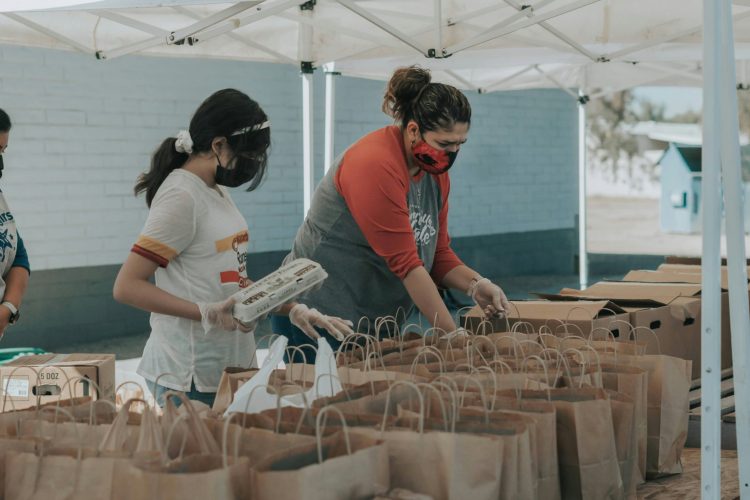- 11 Feb, 2024
- 0
- David J. Smith
- David J. Smith
From Dissonance to Empathy to Action
From Dissonance to Empathy to Action
by David J. Smith
691 words
At the moment, I’m in Colorado enjoying vacation with my family. We have a large warm house stocked with plenty of food. All of us are healthy and what counts for ailments are colds, aching muscles from skiing, and altitude sickness. As they say, life is good.
My home base is Washington, DC, where I’ve dedicated my career to the fields of conflict resolution and peacebuilding, primarily by teaching graduate students. Some of my students I meet with in person, but most are virtual, logging in from around the globe including Ukraine.
This past semester I had a student who was in the U.S. for most of the semester but went back to Ukraine to support her family. In a recent exchange she sent me a video in which explosions could be heard in the background. She and her family remain safe for now.
The crisis in Gaza and Israel has been foremost on my mind. The distressing images of Gazans injured and killed and the accounts of brutality against Israelis are deeply upsetting. Yet, while the Middle East is front page news now, people are starving, oppressed, and being killed in many places around the world.
I’m enjoying my morning coffee. There is no existential threat to me or my family. Like a light switch I’m able to turn off my attention to global problems that don’t have a direct personal impact.
We worry about mundane matters like getting out of our driveway because of the snowfall, not the fear of bombings, torture, starvation, or disease. It’s a reminder of the privilege we hold, as my friend and colleague peace activist Colman McCarthy reminds us, in the U.S. we’ve “won the birth lottery.”
Caring can be a fickle thing. I talk about the role of empathy with my students. They often share with me how they have experienced it. But the feeling of empathy – the desire to share the space of someone else who is suffering – can be demanding.
In certain occupations, such as domestic violence, workers empathy can lead to sleepless nights and disassociation with those they are supposed to be helping. However, empathy can also be a powerful motivator.
For those of us privileged enough to have choices, empathy transforms how we engage with the world. When faced with someone in distress, we weigh our inclination to help against potential personal costs.
Many times, we opt to look the other way, rationalizing our inaction with excuses like lack of time or skills, or physical sacrifice. Similarly, we might watch news coverage of crises like Gaza, only to switch channels.
This cognitive dissonance is something privileged people seem to operate in daily. There is a contradiction in our spending excessively on vacation rather than taking what we might spend and donating it to a humanitarian aid group.
We justify it by saying “our government is giving aid” or “I’ll give when the One percent give” or “my small donation will not make much of a difference.” In any case, we don’t lose sleep about it.
For others, the dissonance creates psychological stress. Highly empathetic individuals experience vicariously the trauma that is inflicted on others. They see the suffering and it can lead to frustration, despair, and even depression.
To protect themselves, they might avoid the news to avoid becoming overwhelmed with what is taking place. I was talking to a good friend who is highly empathic and has all but given up following world events because it causes her anxiety. Though this might lead to lack of awareness of what is going on, it might also be necessary for our well-being.
Acting, even in small ways, can direct one’s empathy. Personal engagement, whether through volunteering or activism, instills a sense of accomplishment and agency.
These actions counteract the stress and guilt associated with empathetic experiences, empowering individuals to effect change. For those experiencing anxiety, even small forms of action like writing an email or calling a political official can be helpful.
Merely offering good thoughts is insufficient. By consciously directing our time and resources towards meaningful causes, we elevate empathy to meaningful action.
Birth lottery winners should do no less.
~~~~~~~~~~
David J. Smith is adjunct faculty at the Jimmy and Rosalynn Carter School for Peace and Conflict Resolution at George Mason University in Arlington, VA and president of the Forage Center for Peacebuilding and Humanitarian Education based in Rockville, MD.
© 2023 PeaceVoice

david-j-smith